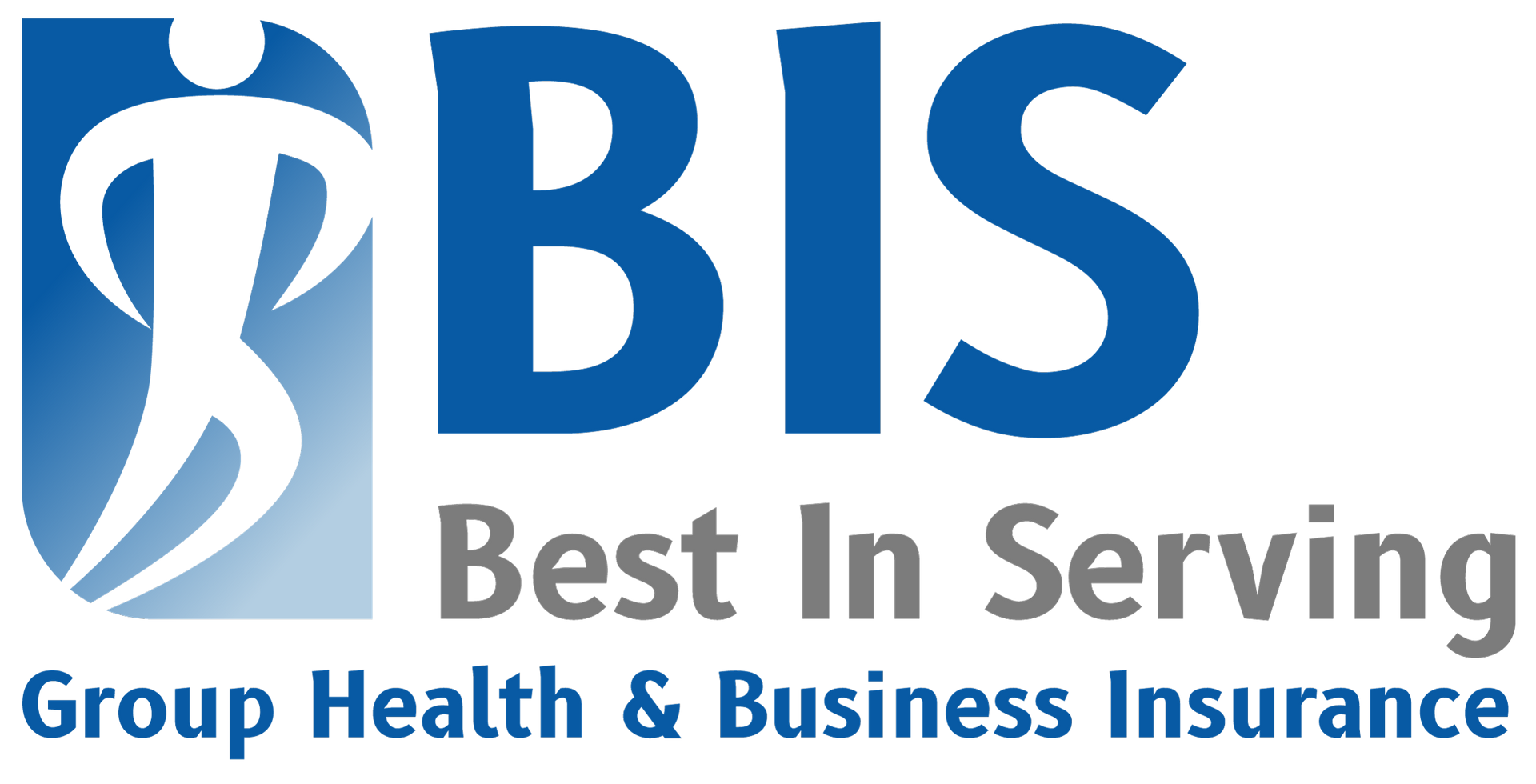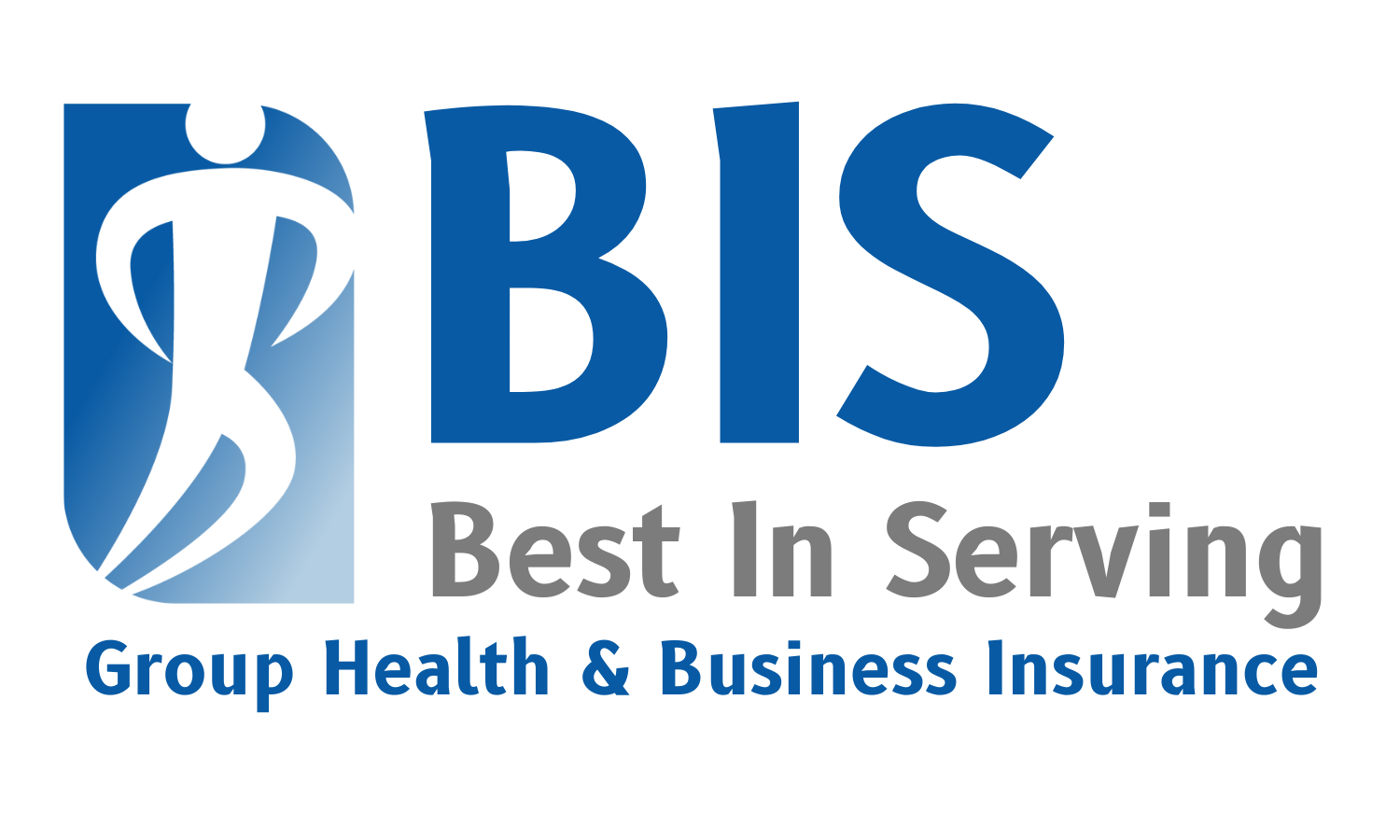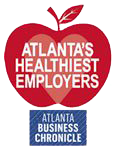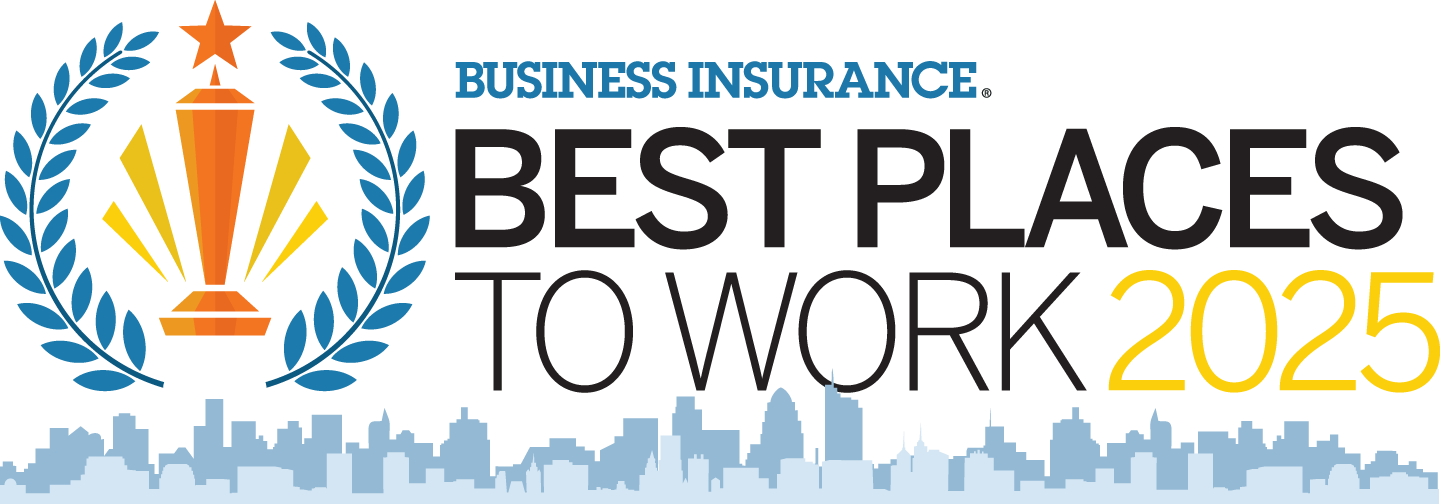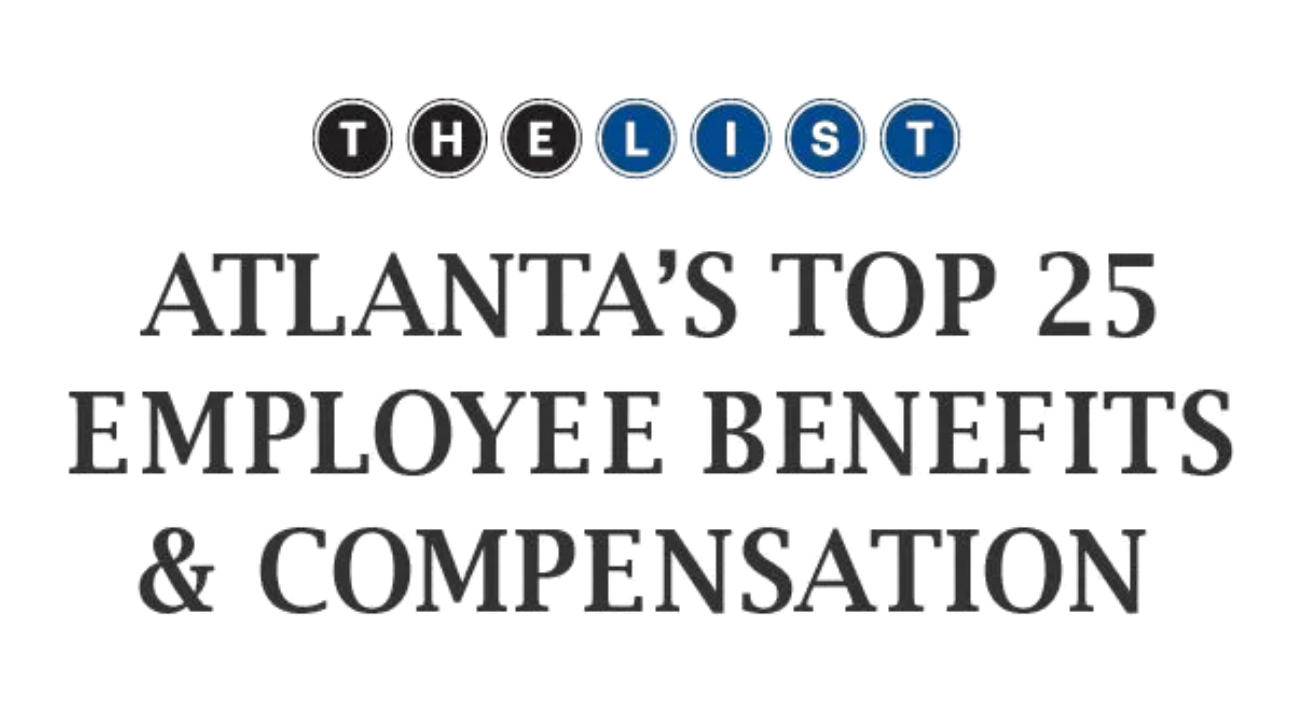Aca Affordability Updates, Chip Notice, Rebates, Overdose Awareness Week, Colorado Paid Leave & Illinois Vessa Amendments
Navigating through the labyrinth of US employee benefits regulations, August 2023 emerged as a milestone month with several noteworthy updates. The Internal Revenue Service (IRS) recalibrated the Affordable Care Act (ACA) affordability percentage to 8.39% for plan years commencing in 2024, influencing employers with a workforce of 50 or more. The Department of Labor unveiled an updated model Employer Children's Health Insurance Program (CHIP) Notice, applicable to employers with group health plans in states facilitating premium assistance subsidies. Colorado amplified employee rights to paid leave under the Colorado Healthy Families and Workplace Act, now encompassing bereavement and management of financial and legal matters post death. Illinois revised the Victims Economic Security and Safety Act (VESSA), incorporating new grounds for leave linked to deaths from violent crimes.
Additionally, President Biden ushered in Overdose Awareness Week, focusing on the national drug overdose crisis.
IRS Affordability Percentage Change
In a significant shift, the Internal Revenue Service (IRS) has reduced the Affordable Care Act (ACA) affordability percentage to 8.39% for plan years commencing in 2024. This effectively tightens the belt on employers with 50 or more employees by mandating them to offer health plans that do not surpass this percentage of an employee's household income for self-only coverage.
The move underscores the importance of the ACA affordability requirements, which are designed to ensure accessible health care for all. To assist in determining affordability, the IRS provides three safe harbors: Federal Poverty Level, Rate of Pay, or W-2 Wages.
Non-compliance with these guidelines may incur penalties, underscoring the necessity for employers to adapt to this change in a timely and informed manner.
Determining ACA Affordability
For the 2024 plan year, the IRS has adjusted the percentage threshold for health plans offered by large employers to be considered affordable, to 8.39% of an employee's household income for self-only coverage. To determine ACA affordability, employers have three safe harbors: Federal Poverty Level, Rate of Pay, or W-2 Wages.
- Federal Poverty Level: This option bases the calculation on the federal poverty line for a single individual.
- Provides certainty and simplicity in calculations.
- Can lead to lower costs for employers.
- Rate of Pay: The affordability calculation is based on the lowest hourly wage of an employee.
- Allows for adjustments based on individual employee wages.
- W-2 Wages: The calculation is based on the employee's annual W-2 earnings.
- Accommodates for fluctuations in income throughout the year.
Compliance with ACA affordability is essential as non-compliance may lead to penalties for applicable large employers.
Updated Employer CHIP Notice
Shifting gears to the realm of employer obligations, the Department of Labor has unfurled a revised model of guidelines pertaining to employers with group health plans in states offering premium assistance subsidies, serving as a beacon for businesses in navigating their responsibilities.
These updated Employer CHIP Notices encapsulate the compliance requirements demanded of employers in states that provide these subsidies, offering critical guidance in meeting regulatory standards.
Employers are entrusted with the task of delivering these notices in a flexible manner, though they must ensure that minimum state-specific contact information is included.
This policy underscores the vital role of employer communication in ensuring adherence to statutory mandates. It further illustrates the strategic alignment between federal regulations and the interests of employees, calling for diligent and accurate compliance from employers.
Medical Loss Ratio Rebates
Employers who operate fully insured group health plans may experience the receipt of medical loss ratio rebates from their insurance providers. These rebates, which are to be distributed annually, can be utilized by employers or allocated to plan participants.
The process of calculating rebates accurately can be challenging due to the requirement of determining the plan asset portion. It is critical to ensure that this calculation is accurate to avoid compliance issues.
Moreover, using rebates effectively is essential. Employers have the option of either improving plan benefits or returning the appropriate amount to participants. ERISA regulations necessitate the timely distribution of employee portions of the rebate, although a specific notice about the rebate to employees is not mandatory.
Overdose Awareness Week Proclamation
In an important step towards addressing the national crisis of drug overdoses, President Biden has issued a proclamation establishing a dedicated period of heightened attention and intervention. This initiative, known as Overdose Awareness Week, aims to galvanize comprehensive overdose crisis response at multiple levels.
The administration has implemented a National Drug Control Strategy to streamline efforts in this direction. The strategy is designed to make it easier for healthcare providers to prescribe effective treatments for drug dependency, thus addressing one of the major barriers to treatment.
This initiative reflects a holistic approach to tackling the overdose crisis, acknowledging the need not only for immediate medical intervention but also for long-term strategies focused on prevention, education, and access to quality treatment.
Colorado's Expanded Paid Time Off
The Healthy Families and Workplace Act in the state has undergone modifications to broaden the rights of workers to avail paid time off. Effective August 7, 2023, Colorado has expanded the permissible reasons for taking paid leave to include bereavement and the handling of financial and legal matters post a death.
Additionally, Colorado paid time off can now be used when an employee must evacuate their residence or care for a family member due to inclement weather or unexpected events. Employers are obligated to revise their policies to incorporate these new reasons for paid leave and duly inform employees about their rights. Failure to do so could potentially lead to penalties such as fines or liability for unpaid wages.
VESSA Amendments in Illinois
Modifications to a significant law in the Prairie State now provide additional unpaid time off to employees impacted by violent crime, including those who are victims of domestic, sexual, or gender violence, or affected by crimes of violence in their household. For instance, an employee who has recently lost a loved one due to a violent crime can now take time off to attend the funeral, make necessary arrangements, or simply grieve.
